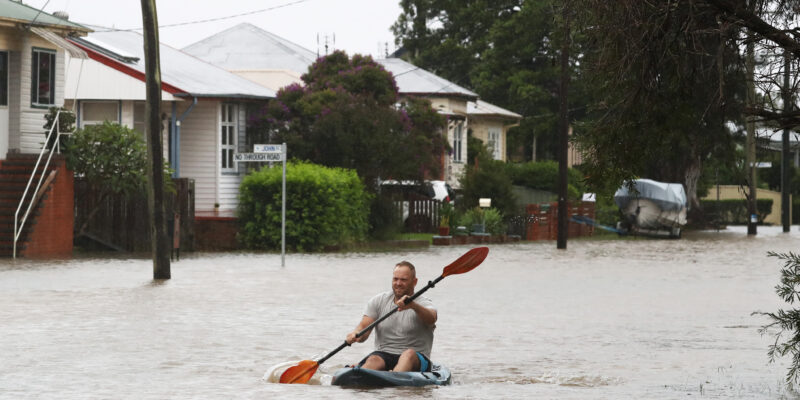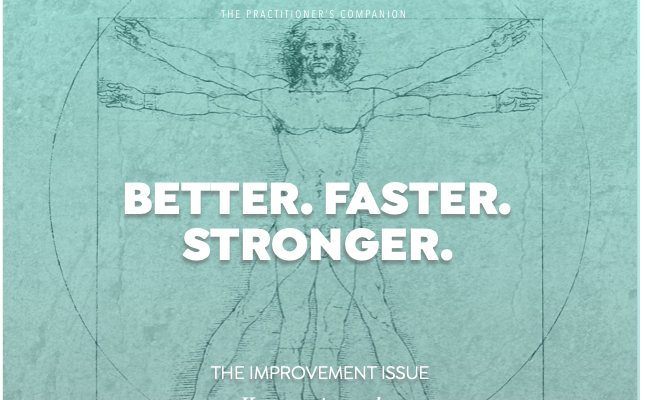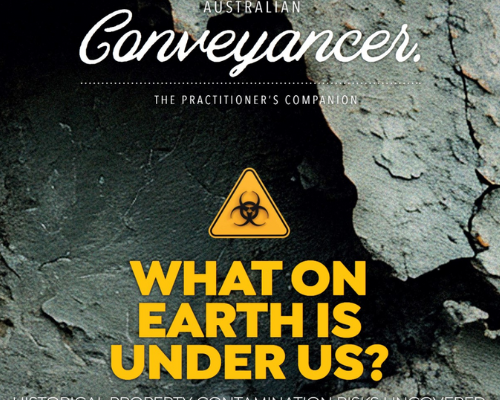Managing the risk and how governments re stepping in
With the prediction of more extreme weather events hitting Australia as a result of climate change, Prime Minister Anthony Albanese has committed the country to net zero emissions targets by 2050 . According to weather research analysts Groundsure, the cost to Australians not hitting the target will be $1.19 trillion due to infrastructure and property damage.

SPEAKING at a press conference in Townsville following Queensland’s Cyclone Kirrily disaster, The Prime Minister Anthony Albanese said: “The science told us that climate change would result in more extreme weather events and more intense extreme weather events. And, unfortunately, that’s what we’re seeing playing out and that’s why addressing climate change is so important.”
As a signatory to the Paris Climate Agreement, Australia is already committed to transitioning to net zero emissions nationally by 2050.
According to research by Groundsure: “The overall cost to Australia of not meeting the Paris Climate Agreement from now to 2050 is $1.19 trillion – due to infrastructure and property damage, agricultural and productivity losses, biodiversity loss, and human health.”
In Volume 6 of the Australian Government’s five-year Productivity Inquiry Report from 2023, The Productivity Commission states: ‘Households and businesses should be provided with the information they need to make informed adaptation decisions. State and Territory governments should mandate the pre-sale disclosure of climate risks for all residential and commercial property sales.
- Such disclosure should cover a range of physical risks including riverine flooding, sea level rise, subsidence, fire and other natural disasters.
- This disclosure could operate in the same way that States and Territories mandate the pre-sale disclosure of building reports.’
In October, the NSW Minns Labor Government announced its Climate Change Bill to enshrine emissions reductions targets law and establish an independent Net Zero Commission.
NSW’s contribution to combatting climate change, including a goal to halve emissions on 2005 levels by 2030, is guided by the Net Zero Plan Stage 1: 2020–2030.
“Climate change is already costing NSW through more frequent and more extreme weather events, droughts, floods and other disasters,” says Minister for Climate Change, Energy and the Environment Penny Sharpe.
“These laws are a downpayment on securing the future for the people of NSW.”




